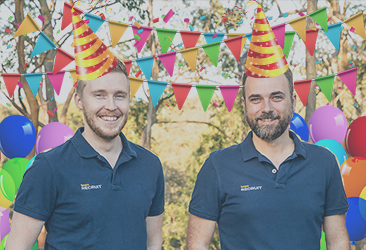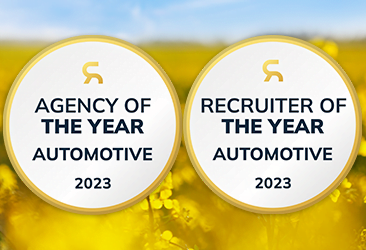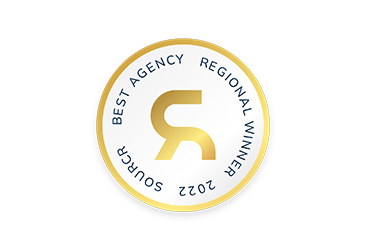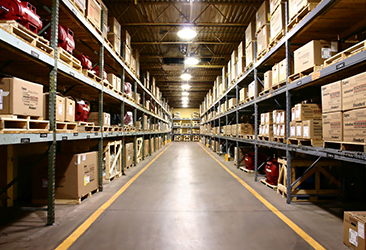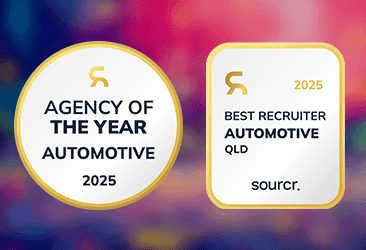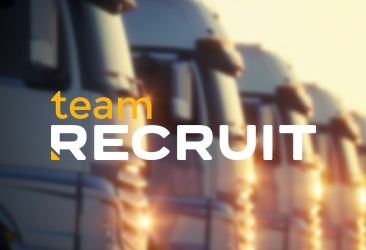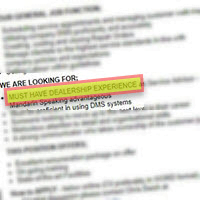The war for dealership talent in Australia and New Zealand is tough, but there’s a secret weapon sitting right on your bench: mature age employees (55 and over). For dealerships that deal in complex, high-value equipment, be it truck, tractor, or earthmoving machinery, hiring and retaining this cohort isn’t just nice to have – it’s the foundation of a powerful competitive advantage.
Mature workers bring deep technical expertise, unmatched reliability, and are the living memory of your business. Critically, their long-term experience perfectly aligns with your most affluent and demanding customers, instantly boosting trust and accelerating those complex sales cycles. Ignore this talent pool, and you risk losing mission-critical knowledge that leaves your dealership exposed to chaos and market erosion.

The strategic imperative: securing your talent pipeline
The labour market is running out of options, but it’s getting older. We know that boosting mature age participation could significantly strengthen our economy. However, your retention strategy must be rock-solid and not just reliant on money.
Why? Because the economic pressures that forced some older workers to delay retirement are starting to ease. If your strategy is based purely on financial necessity, your most experienced staff will retire the moment they feel stable. To maintain long-term stability, dealerships must shift from reactive financial incentives to creating proactive, structural, and cultural advantages like genuine flexibility that make staying on the job desirable.
The cost of exclusion: when knowledge walks out the door
Despite the clear business sense, organisational biases persist which makes it harder for skilled mature workers to re-enter employment than their younger counterparts. This exclusion is a direct threat to your business model.
- The primary value of your long-tenured employees is their specialised, institutional knowledge retention (IKR).
- For farm machinery dealers: IKR includes complex knowledge on legacy equipment, regional market quirks, and technical fault diagnosis built over decades of hands-on work.
- The service risk: Losing a master technician during a high-pressure time (like harvest) leads to the loss of irreplaceable institutional memory. This translates directly into higher operational failure rates, greater safety risks, and inevitable customer dissatisfaction.
Retaining this IKR through flexible engagement is how you create a defensible competitive moat against newer, less experienced rivals.
Pillar 1: Knowledge capital and operational resilience
Stop seeing retaining mature talent as an HR cost: it’s an operational efficiency investment.
- Formal knowledge transfer: Build structured mentorship programs that pair highly experienced staff (senior technicians, parts experts) with emerging leaders. This isn’t just a friendly chat: it’s a critical process for transferring technical skills and maintaining the institutional memory that keeps your workshop running smoothly.
- Dual innovation: Embrace reverse mentorship. Let your younger, digitally fluent employees mentor senior staff on new technologies and modern digital practices. This blend of long-term experience and technological agility is crucial for dealerships looking to optimise customer experience in a digital world.
Pillar 2: Capturing the high-value customer
Employing mature staff gives you a direct alignment with the most affluent consumer base in the ANZ market: the Baby Boomer generation (aged 60-78).
- The trusted advisor model: Older customers who hold significant disposable wealth prefer service and counsel from staff members they perceive as having comparable life experience and professional gravitas. Mature employees naturally become “trusted advisors” whose long-term knowledge accelerates complex, high-margin sales cycles.
- This is especially vital in regional areas where established community trust is paramount to securing business.
Strategic implementation: flexibility is key
The biggest roadblocks to retaining mature staff are a lack of flexible work options and lingering age bias. Flexibility is the single most powerful retention lever.
- Formalise phased retirement: View phased retirement not just as an accommodation, but as a mandatory IKR transfer mechanism. Offer a predictable reduction in hours in exchange for the senior staff member mentoring and documenting their knowledge. This mitigates the risk of sudden, catastrophic knowledge loss.
- Redesign roles strategically:
- Service and technical operations: Transition master technicians from physically demanding full-time repair to specialised roles focusing on diagnostic, quality assurance (QA), or remote technical support. You retain their high-value diagnostic brainpower while mitigating fatigue.
- Sales and client management: Shift sales veterans away from the general floor to specialised, high-level account management, focusing exclusively on key fleet clients or complex transactions. This leverages their accumulated wisdom for high-margin results.
- Address systemic bias: Invest in customised, recurring age bias training for all your hiring managers. Over two-thirds of organisations rarely offer this, allowing bias to persist and preventing you from accessing skilled older applicants.
By embracing structural flexibility and dismantling age bias, your dealership will position itself as an “employer of choice,” securing necessary talent and enhancing your external reputation.
Teamrecruit is Australia’s most established recruitment agency specialising in truck, earthmoving and agricultural machinery dealerships in Australia, New Zealand, the South Pacific and Southeast Asia. Find out more about Teamrecruit and how we support employers and candidates in the dealership industry.



